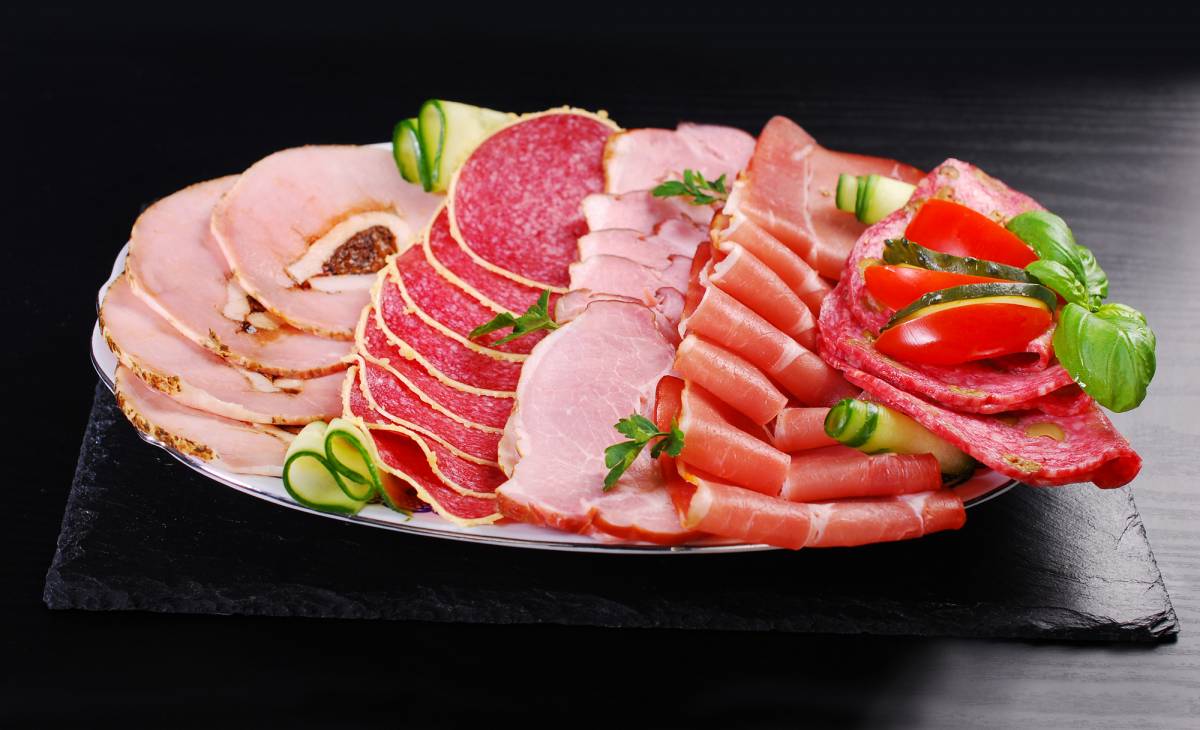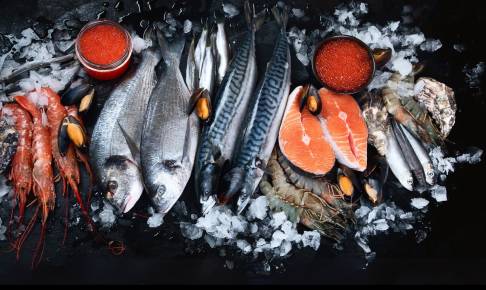France: ANSES recommends reducing exposure to nitrites and nitrates through food
Following the recently published risk assessment related to the consumption of foodstuffs containing nitrites and nitrates, the French Agency for Food, Environmental and Occupational Health & Safety (ANSES) recommends limiting the intake of nitrites and nitrates through food as much as possible.
Nitrites and nitrates ingested through food can cause the formation of nitrosamines in the stomach, which is associated with higher risks of getting some types of cancers. ANSES has analysed the scientific publications in oncology published since the reference work by EFSA (2017) and IARC (2018), confirming the existence of an association between the risk of colorectal cancer and exposure to nitrites and/or nitrates. The higher the exposure to these compounds, the higher the risk of colorectal cancer in the population.
ANSES also put a strong emphasis on other aspects such as production change management to reduce the exposure to nitrites and nitrates. According to ANSES, the salts of nitrite and nitrate are commonly used for curing meat to prevent the growth of harmful microorganisms that cause foodborne diseases, particularly botulism. In France, more than half of the exposure to nitrites comes from the consumption of processed meat such as bacon and ham. ANSES believes that the reduction of nitrites and nitrates should be reasonable to balance the health risks concerned and the need for bacterial prevention.
Thus, as the agency recommends, while reducing the use of nitrites and nitrates, the risk of bacterial contamination must be controlled by other means, such as shortening the expiry date or strictly controlling the salt content and temperature during the salting, resting and curing stages of the product. Using plant extracts or vegetable broths as substitutes for nitrite additives is not considered a real alternative because they contain nitrates which are converted into nitrites under the effect of bacteria. ANSES also recommends consumers consume less than 150 grams of cured meat per week.
Meanwhile, there are conflicting opinions among experts. In the UK, a group of cross-party Parliament Members and scientists in the field of nutrition has launched a petition to call for phasing out the use of nitrites in processed meats, due to its potential health risks to the consumers. On the other hand, other food safety experts underline the importance of these substances, especially their role of protection against C. botulinum.
At the EU level, the European Food Safety Authority has re-assessed the safety of sodium and potassium salts of nitrite (E 249-250) and nitrate (E 251-252) in two scientific opinions published in June 2017. Accordingly, the acceptable daily intake levels for nitrates and nitrites are set at 3.7 and 0.07 milligrams per kilogram of body weight per day respectively.
Sources:






















